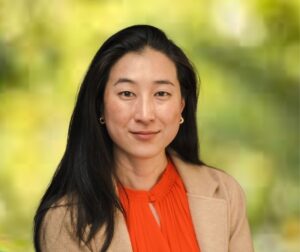Tribeca Eldercare’s Tips on Healthy Ageing – 2
22nd Jan 2026


Photograph: Tribeca Care Senior Member enjoys her trip with a group to Mandarmani Beach, near Kolkata, July 2025. Senior Travel is Tribeca’s intervention to prevent Elderly Isolation and Loneliness and help prevent Cognitive Decline.
“We spend billions of dollars each year trying to fight aging-covering up wrinkles, dyeing gray hair, and chasing the promise of youth. However, while aging is often portrayed as a slow decline, scientists say that view overlooks the bigger picture. “Everyone talks about aging as this decline,” says Michelle Feng, chief clinical officer at Executive Mental Health and a licensed psychologist who specializes in geriatric psychology and medicine. “But aging is just living. It literally means that you’re alive.”
How you choose to think about aging makes a big difference in how you experience it, she adds. Studies show that people who hold more positive beliefs about aging are more likely to have better cognitive health, fewer mental health issues, and even a longer lifespan. A positive outlook “leads to better cognition, cognitive health, lower likelihood of depression and anxiety later in life,” says Feng.
That shift may be partly neurological. Younger adults tend to suppress emotions using prefrontal brain regions—a strategy linked with more internal stress. Older adults, however, more frequently use a technique called reappraisal, reframing situations to find meaning or perspective. This shift makes many people less emotionally reactive, but may also help explain why older adults report greater overall emotional well-being.
Older adults often report that they care less about what others think and spend less time comparing themselves to others. This aligns with socioemotional selectivity theory, which suggests that as people perceive their time as dwindling, they narrow their focus. “How much time you feel like you have left in life determines how you prioritize things,” says Feng. “When your time is more limited, you may focus more on emotionally rich or meaningful things that can benefit you now, instead of in the future.“

Dr. Michelle Feng PhD.
Dr. Feng is a Licensed Psychologist in the State of California with specialty training in geriatric psychology and medicine. Dr. Feng presently serves as the Chief Clinical Officer at Executive Mental Health.